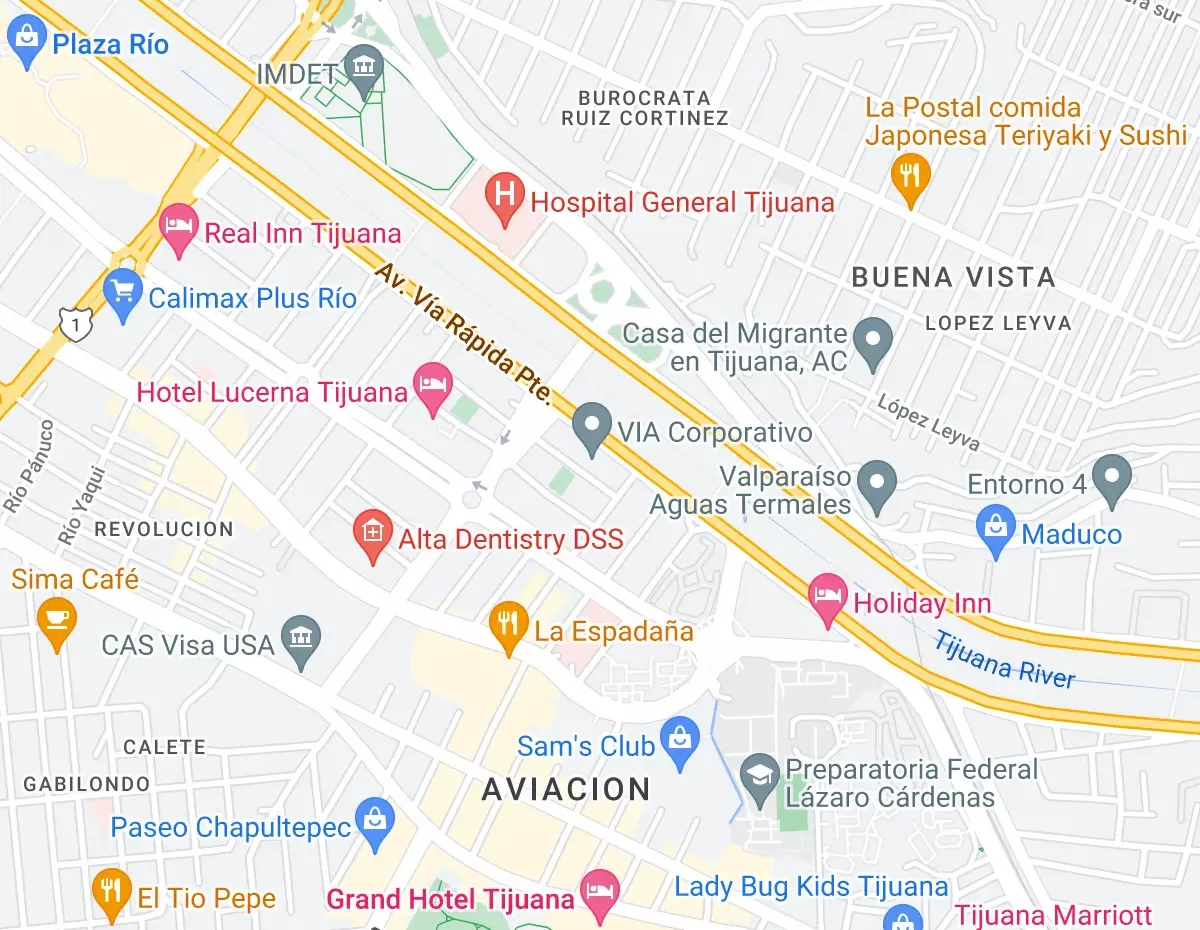You've probably heard about various treatments for addiction, but have you considered the potential of Ibogaine? The substance, derived from a West African shrub, shows promising results in resetting neural pathways and reducing the urge to indulge in addictive substances. Imagine a world where addiction treatment is not drawn out and exhaustive but more direct and efficient. But, like any treatment, there are risks and strict guidelines. So what's the catch? Let's explore whether this could revolutionize the field or if it's just another fad.
Key Takeaways
- Ibogaine therapy supports the resetting of neural pathways, facilitating a recovery process for those battling addictions.
- Through interactions with opioid receptors, ibogaine plays a significant role in diminishing cravings for various substances.
- Medical professionals carefully manage the personalized administration of ibogaine to ensure tailored care.
- Individuals often report transformative experiences and a profound renewal following treatment.
- The evolving perception of ibogaine's benefits continues to influence its integration into modern addiction therapy practices.
Understanding Ibogaine's Therapeutic Properties
In your exploration of ibogaine's therapeutic properties, it's essential to understand that this naturally occurring psychoactive substance has been historically used for spiritual and healing purposes, and now it's being innovatively applied in treating various forms of addiction. This makes it a unique tool in the battle against substance abuse.
While the accessibility of ibogaine varies globally, with regions like Mexico and New Zealand facilitating its use under monitored conditions, it's important to consider the sources from which ibogaine is obtained. It is derived from the root bark of a plant found mainly in West Africa, and ensuring that your ibogaine comes from a reputable source and is processed in a safe, controlled environment is crucial for its effective use in therapy.
Ibogaine: A Brief History
Before you can fully appreciate the innovative uses of Ibogaine in addiction treatment, it's key to understand its roots. So, let's take a quick journey back to where it all started. From its origins to its evolving uses, Ibogaine's history is as complex as it is fascinating.
Origin of Ibogaine
Tracing back to its roots, you'd find that Ibogaine originates from the West Central African shrub known as Tabernanthe iboga. The sourcing process is straightforward—it’s derived from the bark of this plant's root. But it's not just a plant; it's steeped in cultural significance, too. Indigenous tribes in this region have used it for centuries for its psychoactive properties and spiritual and healing potential. It plays a major role in rites of passage ceremonies, allowing tribespeople to connect with their ancestors and the spirit world. So, while today's medical world is just beginning to understand its potential, Ibogaine's roots run deep, entwined with a rich cultural history that continues to inform its use.
Evolving Ibogaine Uses
While the cultural roots of Ibogaine are deep and significant, you'll find that its uses have been steadily evolving. It's no longer just a spiritual tool but a potential game-changer in addiction treatment. This shift has brought forth a new set of issues, namely Ibogaine accessibility challenges. In many places, Ibogaine's regulatory status is ambiguous, making it difficult for you to access. Despite these challenges, there's an increase in clinics and professionals offering Ibogaine treatment. The landscape is changing, and you need to stay informed. As Ibogaine's uses evolve, so must our understanding and frameworks. It’s a complicated journey, but one worth undertaking for the potential benefits.
The Science Behind Ibogaine's Efficacy
Delving into the science behind Ibogaine's efficacy reveals it as not just a promising tool for addiction treatment but a significant area of interest in neuroscience. Its neurobiology is complex, involving the reset of the brain's neural pathways, which disrupts the patterns of addiction, providing an opportunity for a fresh start.
Ibogaine interacts with the brain's opioid receptors, effectively reducing cravings and withdrawal symptoms. It is also believed to increase the production of glial cell line-derived neurotrophic factor (GDNF), a protein that promotes the survival of dopaminergic neurons. This function is crucial in its potential to treat a range of dependencies, from opioids to alcohol.
The clarity of the science behind Ibogaine underscores its potential as a transformative agent in addiction therapy. The ongoing quest to fully understand and harness Ibogaine's capabilities in addiction treatment continues to garner attention from the scientific community.
Administering Ibogaine in Treatment
In regions where Ibogaine is accessible for therapeutic use, understanding its administration during treatment is crucial. It's vital to note that the dosage of Ibogaine is typically tailored to the individual's needs, as everyone's body and addiction level respond differently.
The dosage of Ibogaine is generally determined based on your body weight and administered orally. However, it is important to understand that Ibogaine is not a one-time solution. Full recovery does not occur immediately; the treatment can extend over several days to weeks, encompassing a detoxification process.
The initial administration of Ibogaine can induce a profound psychedelic experience lasting approximately 24 to 36 hours. During this period, patients are under close observation by healthcare professionals. Following this, patients enter an introspective phase, reflecting on their experiences, which can continue for days or weeks depending on their reactions and treatment progression.
Addressing Potential Risks of Ibogaine
As you explore the innovative ways ibogaine can be used in addiction treatment, it's important to consider its potential risks. You'll need to understand its side effects, mitigate risks during treatment, and guarantee its safe usage. This is not just about effectiveness; it's equally about safety.
Mitigating Risks in Treatment
Handling Ibogaine's potential risks isn't something you have to do alone; there are numerous strategies to mitigate these challenges during treatment. The first step is a thorough risk assessment. It involves evaluating your physical and mental health to predict potential hazards. You must be honest during this phase, as it can greatly impact your safety during treatment.
Once treatment begins, consistent patient monitoring is key. Medical professionals should keep a close eye on your body's response to the drug. This doesn't just involve checking your vitals; they should also observe your emotional and psychological reactions. With proper risk management, the innovative use of Ibogaine in addiction treatment can be made safer, helping you on your path to recovery.
Ensuring Safe Ibogaine Usage
It is crucial to address its usage considerations head-on to ensure you're using ibogaine safely and effectively. While Ibogaine's availability varies across regions, it is governed by strict regulations where it is accessible. At New Roots Ibogaine, we always ensure compliance with local guidelines before beginning any treatment.
Dosage guidelines are critical, as Ibogaine requires precise handling to avoid adverse effects. Due to the potential for severe consequences, it is not advisable to self-dose or experiment. Ideally, consulting a healthcare provider with experience in Ibogaine treatment is essential. At New Roots Ibogaine, our healthcare providers will evaluate factors such as your health status and the severity of addiction to recommend a safe and appropriate dosage.
Remember, Ibogaine is a significant therapeutic tool in addiction treatment. Still, its benefits are most effectively and safely realized when used under professional guidance and in a controlled environment provided by New Roots Ibogaine.
Patient Experiences With Ibogaine Therapy
Exploring the world of patient experiences, you'll find that ibogaine therapy presents a unique and transformative journey for those battling addiction. Personal transformations are often profound, with patients reporting a renewed sense of self and a deep understanding of their addiction's roots.
- Many describe a feeling akin to a 'reset' of their brain, a cleansing of the residual effects of substance abuse.
- Others recount vivid, dream-like experiences that bring them face-to-face with their innermost fears and traumas, enabling them to confront and overcome them.
- Some express gratitude for the spiritual enlightenment they've encountered, often drawing parallels with indigenous cultural perspectives on ibogaine use.
These personal narratives paint a compelling picture of ibogaine therapy as a radical departure from conventional addiction treatment methods. It's not just about detoxification but deep-seated transformation and self-discovery. As you explore these patient stories further, you'll sense the hope and resilience that ibogaine therapy instills. This isn't a quick fix but a profound journey of healing and self-discovery. As you continue to investigate, remember that everyone's experience is unique, underscoring the importance of personalized treatment approaches.
The Future of Ibogaine in Addiction Treatment
As we peer into the future of addiction treatment, it's clear that ibogaine's potential can't be ignored. This natural psychoactive substance, used for centuries by indigenous peoples, shows promise in modern medicine.
However, ibogaine's regulatory status currently poses a hurdle. In many countries, it's classified as a Schedule I drug, meaning it's considered to have no medical use and a high potential for abuse. You might wonder how global acceptance can be achieved despite this.
Well, it's all about research. As more studies underscore ibogaine's effectiveness in addiction treatment, attitudes are starting to shift. The science can't be denied, and neither can the countless testimonials from individuals who've reclaimed their lives thanks to ibogaine therapy.
Conclusion
You've learned about ibogaine's potential in addiction treatment. Despite its complex regulatory status, its unique therapeutic properties are not denied. Yes, it has considerations, but when administered correctly, it can help reset neural pathways and reduce cravings. Patients' experiences have been profound and promising. Ibogaine is not just an alternative; it's an innovation in addiction treatment. The future? Well, it's looking brighter for addiction treatment, and ibogaine may just play a leading role. At New Roots Ibogaine, we are excited to be at the forefront of this groundbreaking treatment.




